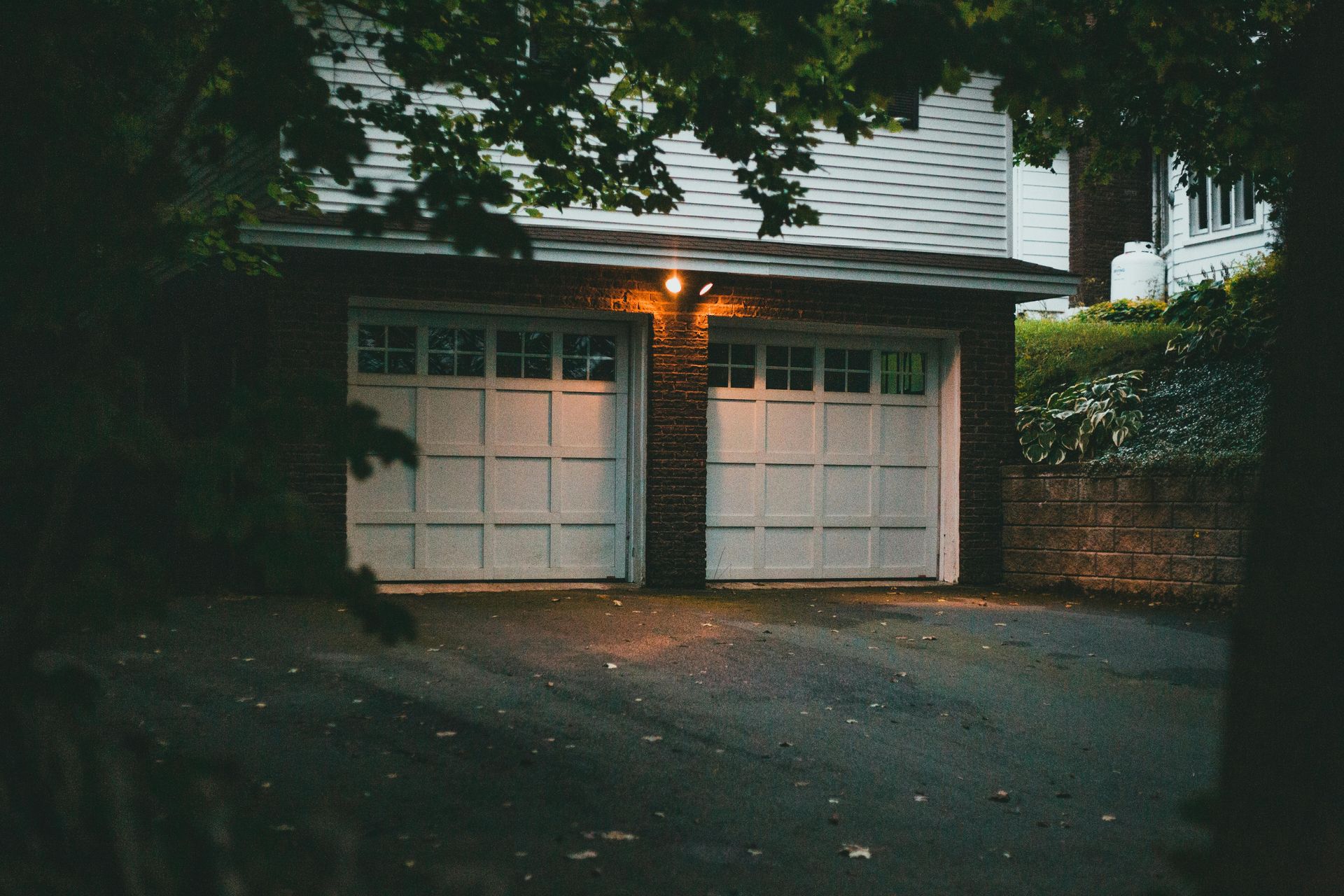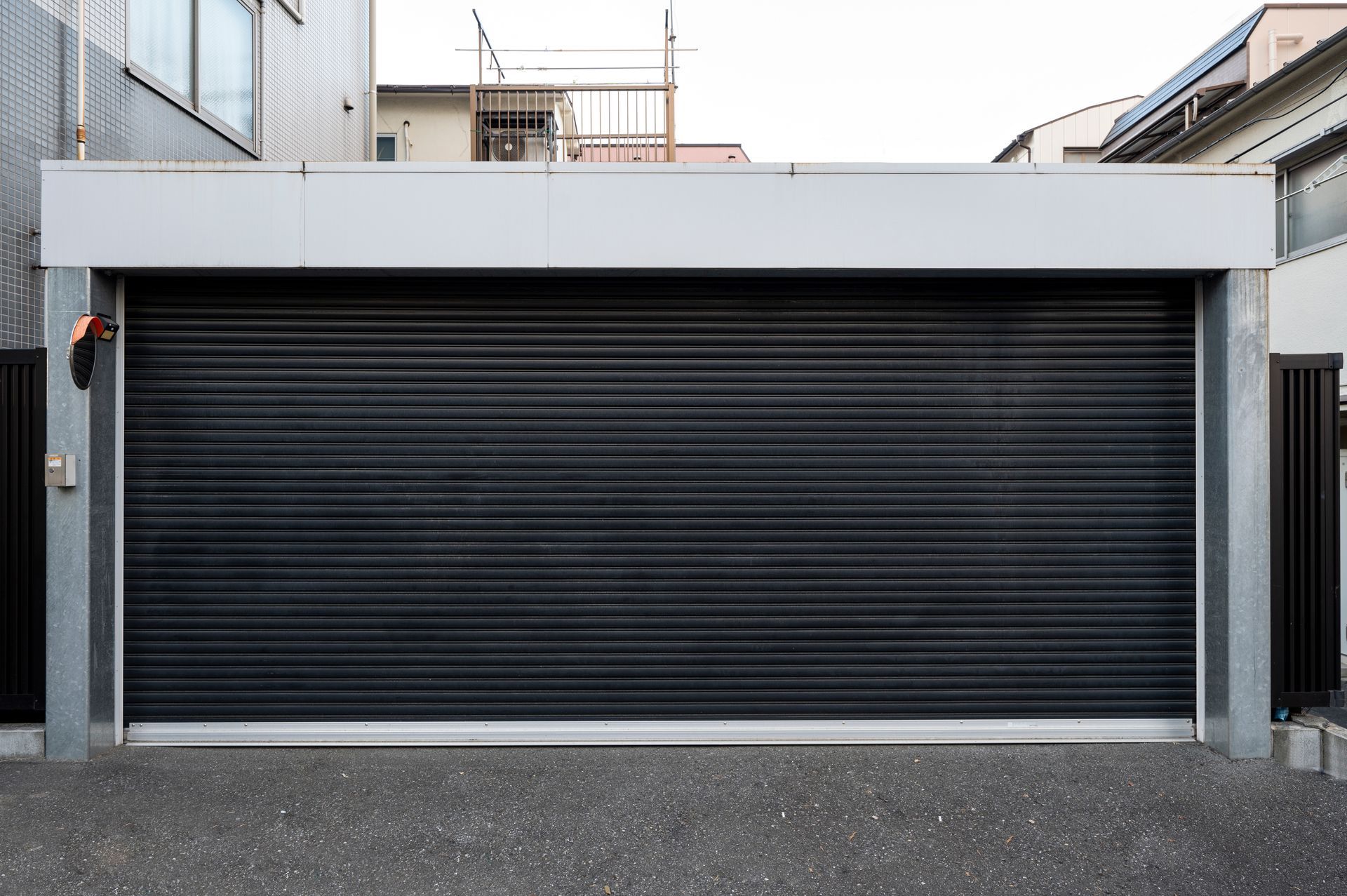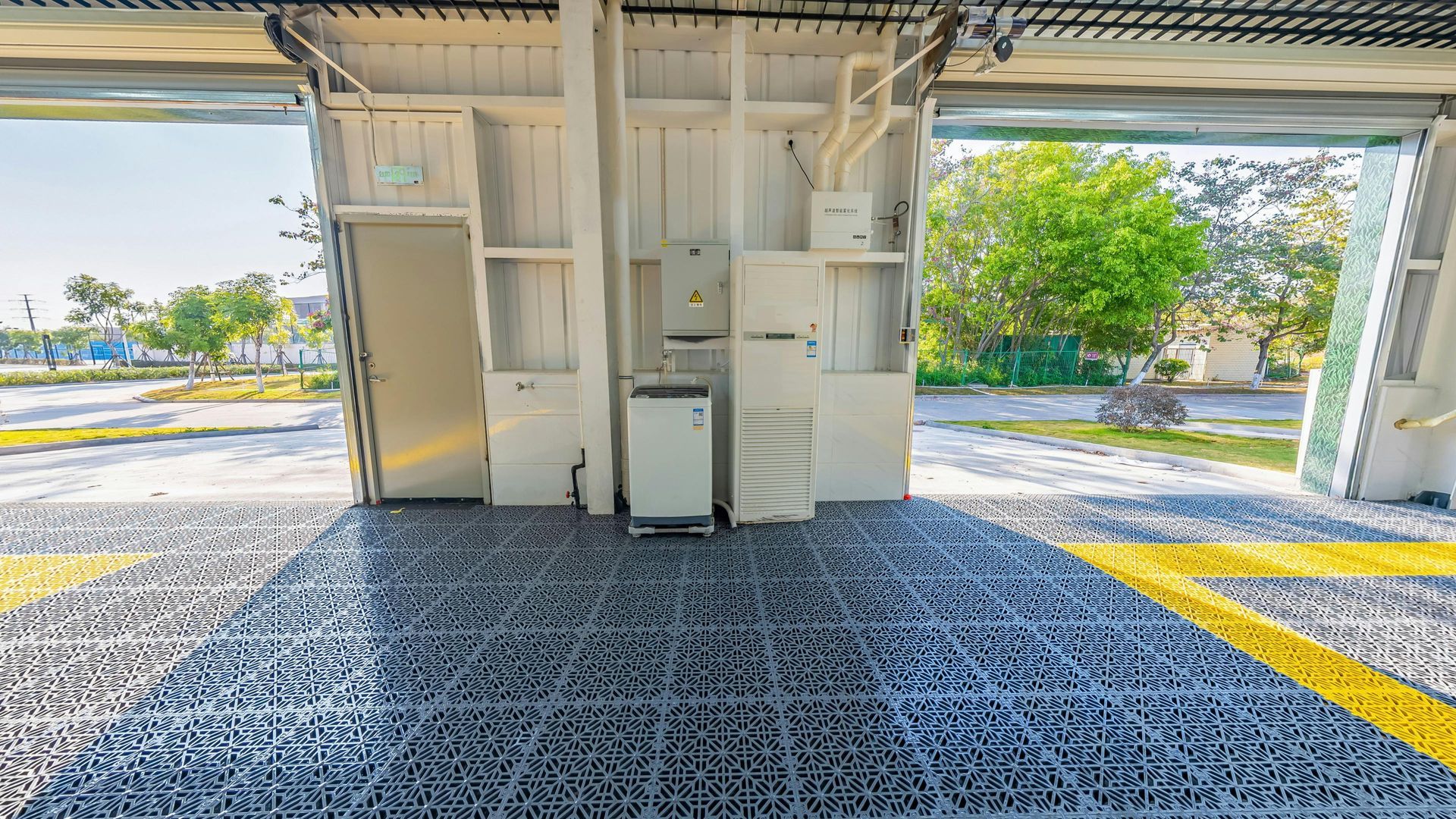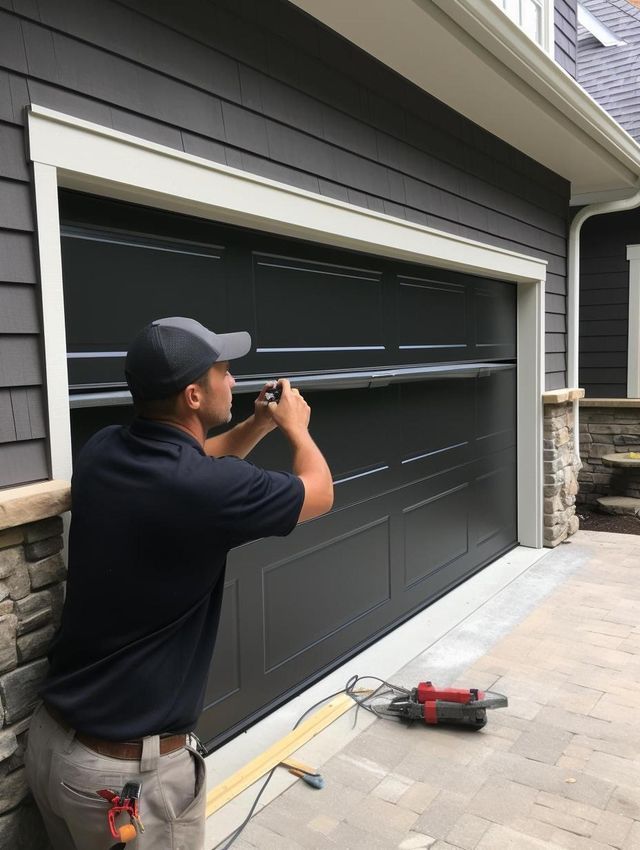Fire Safety Considerations for Commercial Garage Doors
When it comes to maintaining safety and security in a commercial setting, garage doors play a crucial role. Ensuring that these doors are equipped with fire safety features is essential to protect both property and lives. At Cristo's Garage Door in Fresno, CA, we understand the importance of robust fire safety measures for commercial garage doors. Here, we’ll explore the key fire safety considerations that every business should keep in mind.
The Importance of Fire-Rated Garage Doors
Fire-rated garage doors are specifically designed to withstand fire for a specified period, typically ranging from 20 minutes to four hours. These doors are constructed from materials that can resist high temperatures and prevent the spread of flames and smoke. The primary function of fire-rated doors is to compartmentalize a building, thereby containing a fire in one area and limiting its spread.
Benefits of Fire-Rated Garage Doors
- Enhanced Safety: These doors provide a critical barrier that protects employees and customers from the rapid spread of fire and smoke.
- Regulatory Compliance: Installing fire-rated doors helps businesses comply with local fire codes and regulations.
- Property Protection: By containing a fire, these doors can help minimize property damage and loss.
Ensuring your commercial property is equipped with fire-rated garage doors is a vital step in safeguarding your assets and the well-being of your employees. These doors are designed to offer peace of mind by providing a robust defense against fire-related incidents.
Regular Maintenance and Inspection
Regular maintenance and inspection of commercial garage doors are vital to ensure their proper functioning, especially in the event of a fire. A well-maintained door is more likely to operate correctly and provide the intended fire protection.
Key Maintenance Tasks
- Lubrication: Regularly lubricate moving parts to ensure smooth operation. Proper lubrication reduces friction and wear, extending the lifespan of your garage doors.
- Inspection: Conduct thorough inspections to identify and address any signs of wear or damage. This includes checking for rust, dents, and any malfunctioning components.
- Testing: Periodically test the door’s fire-rated capabilities to ensure it meets safety standards. This involves checking the door's ability to close properly and form a tight seal to prevent the spread of fire and smoke.
By adhering to a regular maintenance schedule, you can ensure that your fire-rated garage doors remain in optimal condition and are ready to perform their critical function in an emergency.
Integration with Fire Alarm Systems
Integrating commercial garage doors with fire alarm systems is an effective way to enhance fire safety. When a fire alarm is triggered, these doors can automatically close to create a barrier that prevents the spread of fire and smoke.
Advantages of Integration
- Automatic Response: Doors can close automatically in response to a fire alarm, even if no one is present to manually operate them. This automatic response is crucial in ensuring that the doors provide a barrier against fire and smoke promptly.
- Improved Coordination: Integration ensures that the garage doors work in tandem with other fire safety systems, such as sprinklers and alarms. This coordination enhances the overall effectiveness of your fire safety strategy.
- Enhanced Safety Protocols: Automated systems reduce the risk of human error during an emergency. Relying on automation ensures that the doors function as intended, even in high-stress situations.
Integrating your garage doors with your fire alarm system is a proactive step in creating a safer environment for your commercial property. This integration not only provides immediate response capabilities but also enhances the overall reliability of your fire safety measures.
Emergency Access and Egress
While commercial garage doors need to act as a barrier during a fire, it’s equally crucial that they do not impede emergency access and egress. Ensuring that these doors can be easily opened by emergency responders and that occupants can safely exit the building is paramount.
Considerations for Emergency Access and Egress
- Manual Override: Ensure that garage doors are equipped with a manual override mechanism that can be used during a power failure or other emergencies. This feature is essential for maintaining functionality when automated systems fail.
- Clear Signage: Post clear and visible signage indicating the location of emergency exits and how to operate manual overrides. This signage helps guide occupants to safety during an emergency.
- Regular Drills: Conduct regular fire drills to familiarize employees with emergency exit procedures and the operation of garage doors during a fire. Regular drills ensure that employees are prepared and know what to do in an emergency.
Balancing fire containment with safe egress is a critical aspect of fire safety planning. By considering both factors, you can create a safer environment for everyone in your commercial property.
Fire Safety Training for Employees
Educating employees about fire safety procedures, including the operation of commercial garage doors during a fire, is essential. Well-trained employees can respond more effectively during an emergency, reducing the risk of injury and property damage.
Key Training Topics
- Operation of Fire-Rated Doors: Teach employees how to operate fire-rated doors and the importance of keeping them closed during a fire. Understanding the role of these doors in fire safety helps employees appreciate their significance.
- Emergency Procedures: Ensure that all employees are familiar with the company’s fire emergency procedures, including evacuation routes and meeting points. Clear procedures help ensure a coordinated and efficient response during an emergency.
- Use of Fire Extinguishers: Train employees on the proper use of fire extinguishers and other firefighting equipment. Knowing how to use this equipment can make a significant difference in controlling small fires before they spread.
Investing in fire safety training for your employees is a proactive step in creating a culture of safety within your organization. This training ensures that everyone knows their role and can act quickly and effectively in the event of a fire.
Contact Cristo's Garage Door for Your Fire Safety Needs
At
Cristo's Garage Door, we are committed to providing top-notch garage door services that prioritize safety and security. Whether for
commercial
or
residential
purposes or you just need
repairs and other services, our team of experts is here to help. Contact us today at
(559) 320-5158 to learn more about our services and how we can help you enhance the fire safety of your property.
FAQs
What are fire-rated garage doors?
Fire-rated garage doors are specially designed to resist fire and prevent the spread of flames and smoke for a specified period. They are made from materials that can withstand high temperatures and are essential for enhancing fire safety in commercial buildings.
How often should fire-rated garage doors be inspected?
Fire-rated garage doors should be inspected at least twice a year to ensure they are in proper working condition. Regular inspections help identify and address any wear or damage that could compromise the door’s fire-resistant properties.
Can fire-rated garage doors be integrated with existing fire alarm systems?
Yes, fire-rated garage doors can be integrated with existing fire alarm systems. This integration allows the doors to automatically close in response to a fire alarm, creating a barrier that prevents the spread of fire and smoke.
What is the purpose of a manual override on a garage door?
A manual override allows the garage door to be operated manually during emergencies, such as power failures. This feature ensures that the door can still be opened or closed, providing access for emergency responders and safe egress for occupants.
Why is fire safety training important for employees?
Fire safety training is important because it prepares employees to respond effectively during a fire emergency. Training ensures that employees know how to operate fire-rated doors, use firefighting equipment, and follow evacuation procedures, reducing the risk of injury and property damage.











